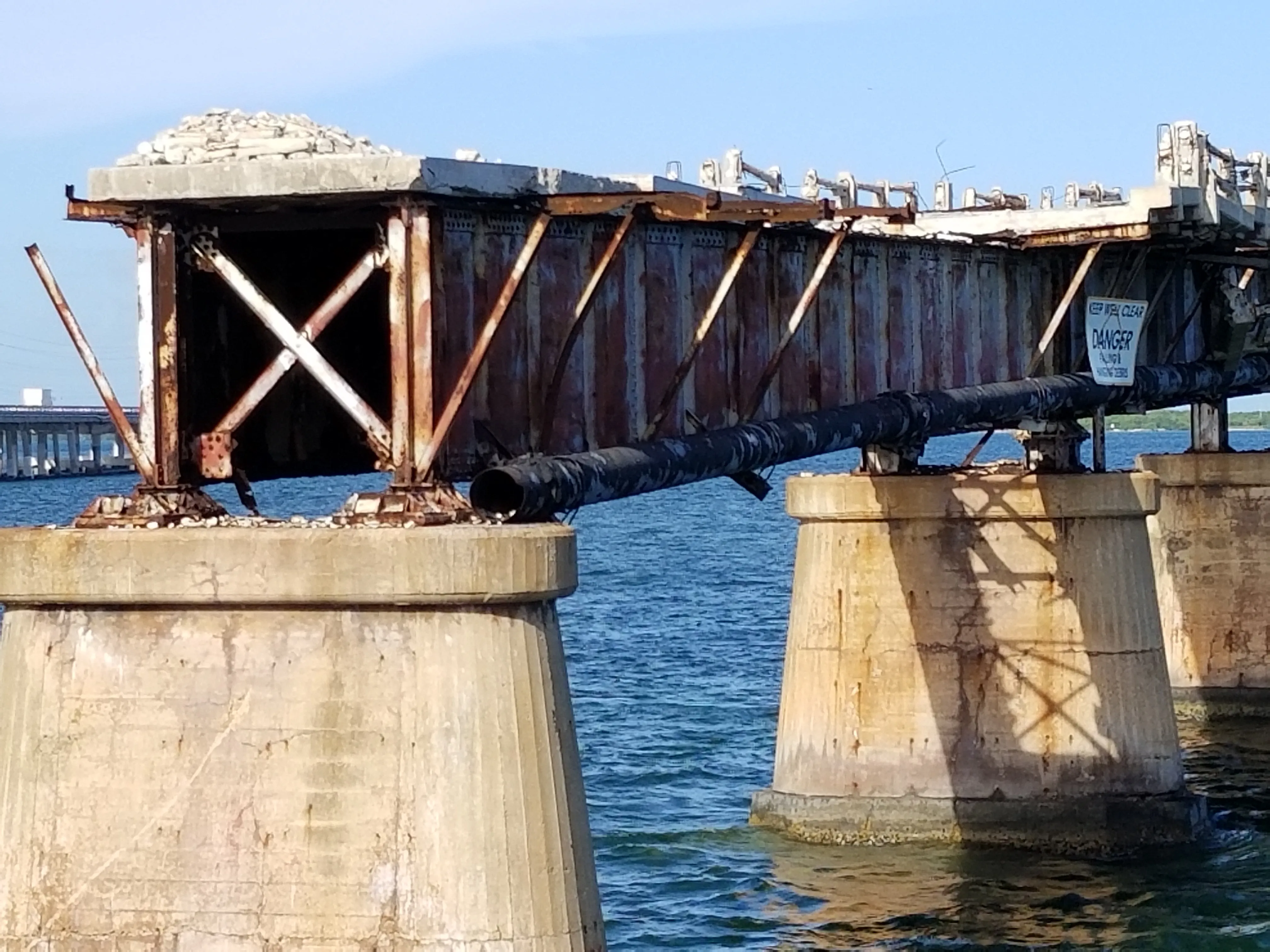According to the American Road & Transportation Builders Association (ARTBA), fixing the Highway Trust Fund (HTF) without generating any new revenue will be highly challenging. ARTBA president Pete Ruane told a Senate panel that such a move would require the equivalent of the US Congress passing and the president signing a 2013-level Murray-Ryan budget deal every year. And this would be sufficient just to maintain current highway and transit programme investment levels.
According to a new Congressional Bud
February 14, 2014
Read time: 3 mins
According to the 920 American Road & Transportation Builders Association (ARTBA), fixing the Highway Trust Fund (HTF) without generating any new revenue will be highly challenging. ARTBA president Pete Ruane told a Senate panel that such a move would require the equivalent of the US Congress passing and the president signing a 2013-level Murray-Ryan budget deal every year. And this would be sufficient just to maintain current highway and transit programme investment levels.
According to a new Congressional Budget Office (CBO) report, the HTF will be unable to support any investments in new projects come September, and will require, on average, US$16.3 billion/year just to preserve the current transportation programme.
Ruane warned the Senate Environment & Public Works Committee that if the HTF shortfall is not addressed, more than 12,000 highway, bridge and safety capital projects across the US could be lost. He added that many of these lie on routes vital to the US economy. Ruane noted that trucks carry freight worth more than $11 trillion over the nation’s roads and bridges every year, and nearly 75% of that travel takes place on the federal-aid system. Ruane explained ARTBA’s economics team set about to research how the public’s federal fuel taxes were put to use in 2012. Unfortunately, it took a Freedom of Information Act request and sophisticated computer analysis of millions of data points to get answers. Among the highlights he said the public deserves to hear: the federal program helped fund 12,546 capital improvement projects (7,335 road, 2,407 bridge, and 2,804 road safety)—all focused primarily on the system that moves most of that $11 trillion. “There are projects in every state. Every one of them can be identified by name, and location, and by how much was invested in them,” he said, acknowledging that more transparency is needed so the public understands where its tax dollars are invested.
“We believe one of the federal program’s biggest problems is that government at all levels does a poor job of telling the American public how their federal gas and diesel tax dollars are invested each year,” Ruane said. “We believe the public would be impressed and widely support this federal programme if they knew the full story. If the public was asked to invest each month as much as they willingly spend on cell and landline phone service, we would not be here talking about the Highway Trust Fund problem. We would be providing Americans with the first-class transportation network they deserve,” Ruane concluded
According to a new Congressional Budget Office (CBO) report, the HTF will be unable to support any investments in new projects come September, and will require, on average, US$16.3 billion/year just to preserve the current transportation programme.
Ruane warned the Senate Environment & Public Works Committee that if the HTF shortfall is not addressed, more than 12,000 highway, bridge and safety capital projects across the US could be lost. He added that many of these lie on routes vital to the US economy. Ruane noted that trucks carry freight worth more than $11 trillion over the nation’s roads and bridges every year, and nearly 75% of that travel takes place on the federal-aid system. Ruane explained ARTBA’s economics team set about to research how the public’s federal fuel taxes were put to use in 2012. Unfortunately, it took a Freedom of Information Act request and sophisticated computer analysis of millions of data points to get answers. Among the highlights he said the public deserves to hear: the federal program helped fund 12,546 capital improvement projects (7,335 road, 2,407 bridge, and 2,804 road safety)—all focused primarily on the system that moves most of that $11 trillion. “There are projects in every state. Every one of them can be identified by name, and location, and by how much was invested in them,” he said, acknowledging that more transparency is needed so the public understands where its tax dollars are invested.
“We believe one of the federal program’s biggest problems is that government at all levels does a poor job of telling the American public how their federal gas and diesel tax dollars are invested each year,” Ruane said. “We believe the public would be impressed and widely support this federal programme if they knew the full story. If the public was asked to invest each month as much as they willingly spend on cell and landline phone service, we would not be here talking about the Highway Trust Fund problem. We would be providing Americans with the first-class transportation network they deserve,” Ruane concluded







